Ever actually sat and thought about the bigger picture and how does the music industry work?
It is safe to say that there are many different variables and factors that go into the music industry and how it works and operates.
In particular, the music industry works via a series of different partnership networks between many different companies and individuals.
Both, individuals as well as companies, are made up of artists, musicians, producers, service providers, and marketers, as well as customer-facing industries (like streaming platforms and public entertainment venues).
In more simplified terms, the music business is made up of people that create the music, people that market the music, and people that sell the music to the masses
Of course, there are a lot of deceptive descriptors that can be used when describing the “music industry”, often with the intent of throwing every aspect in as one single cohesive structure that everyone partakes in.
In reality, while some of the individual aspects may overlap with others, each is its own entirely separate section with its ways of doing things wholly independent of the other two business structures.
In this ‘everything you need to know about the music industry’ guide, we are going to break down and go over each of the different industries that make up the “music industry” and why they are important for the overall system to work as it does.
How Does The Music Industry Work? (in short)
The music business is a very complex collaboration between many different types of companies, and institutions. Everyone and everything in the industry has vastly different roles, ranging from producing records, performing, and promoting live shows, to copyrighting new music, legalities, and marketing musical artists. It’s an industry of many moving parts.

Read this next: How Much Do DJs Make?
#1. Music Creation
The “music creation industry”, like the other subject headers, is meant as an umbrella term that specifically talks about all of the different specialized areas that go into creating music.
This includes:
- Recording
- Digital Music Distribution
- Licensing
Recording
The most obvious aspect of the music creation side of the music industry, the recording industry is made up of the various parts that go into actively creating a record or song.
This includes the singers, DJs, artists, and musicians themselves as well as the support production process used to create their albums.
In other words, the studios.
This area is the space that has suffered the most extensively since online piracy has become a thing.
As a result, music has done some pretty substantial transitions over the years.
In fact, in only 15 years, music has gone from the CD to digital downloads (and piracy), to now online digital streaming via sites and platforms like Spotify, Beatport Link, SoundCloud, Mixcloud, and iTunes.
Record labels have, as a result of piracy, had to adapt and change their methods, changing the recording business as well.
Still, because of the advent of technology, even now there are new challenges and developments facing the recording industry; the most serious of which being label-less artists that now bypass the large recording companies entirely to put their music on streaming platforms and get their name out there.
Still, despite the many many changes that have taken place in the recording industry, they are – and continue to be – the main point of contact when it comes to the music industry as a whole.
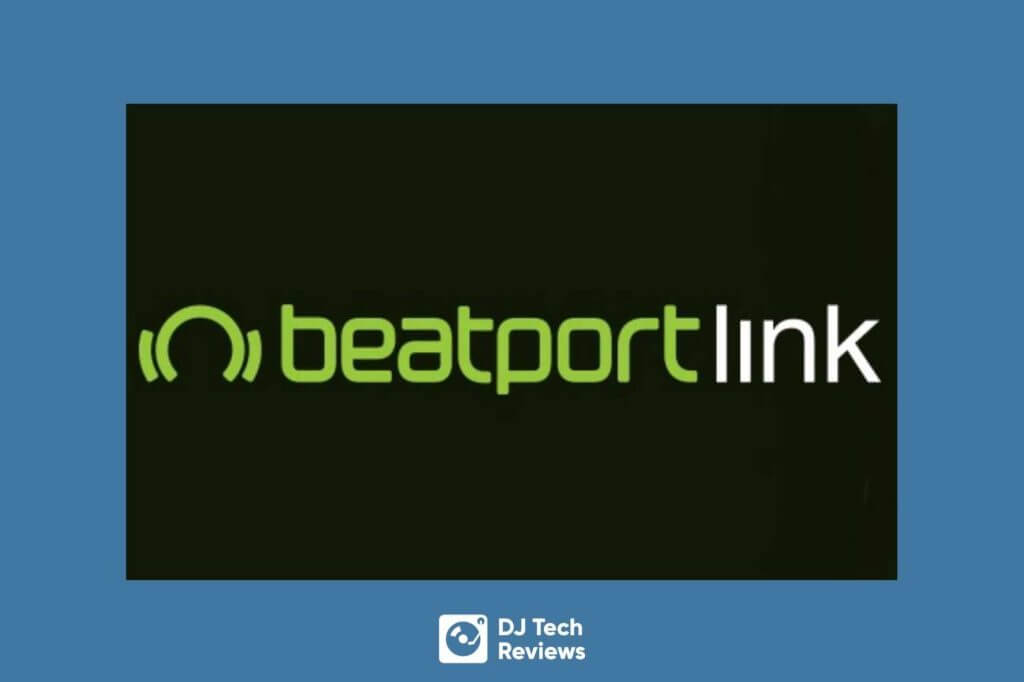
Read this next: Is Beatport LINK Just Another Library?
Digital Music Distribution
Similarly part of the music-creating industry, and an arm of the recording industry, the digital music distribution industry does exactly as its name states.
It delivers songs and records to various online and physical stores, ensuring that musicians and artists are paid for their work.
While it may seem fairly straightforward, there are a surprisingly large number of factors that go into this industry, especially as streaming has become an active player in the space.
As a result of streaming, platforms like Spotify and SoundCloud have managed to become “all-in-one” spaces, where music monetization, consumption, and discovery are all done under one roof.
These platforms aren’t just for artists to monetize their music, but to promote themselves as well.
In fact, for many, the promotional aspects of these streaming platforms far outweigh anything they offer financially and are one of the major reasons why so many are forgoing record labels entirely.
Because of this situation, distributors have largely transitioned away from dealing with stores and have put more of their attention on establishing connections with digital streaming platforms (DSPs) so that they can still make money off their products and reduce piracy from running truly rampant.
Licensing
Another part of the music-creating industry is the area dealing with licensing music out to different brands and companies.
This can range from films to video games, to commercials and advertisements.
Just as there is a business that deals exclusively with distributing the music itself, there is also a business that is focused entirely and specifically on licensing the music out to others.
It’s important to also know that these connections, as with many other aspects of the music industry as a whole, are built on relationships with one another, developing as brands connect with businesses.
This relationship can lead to more than just an upfront source of revenue, also potentially resulting in some serious promotional opportunities based around the artist.
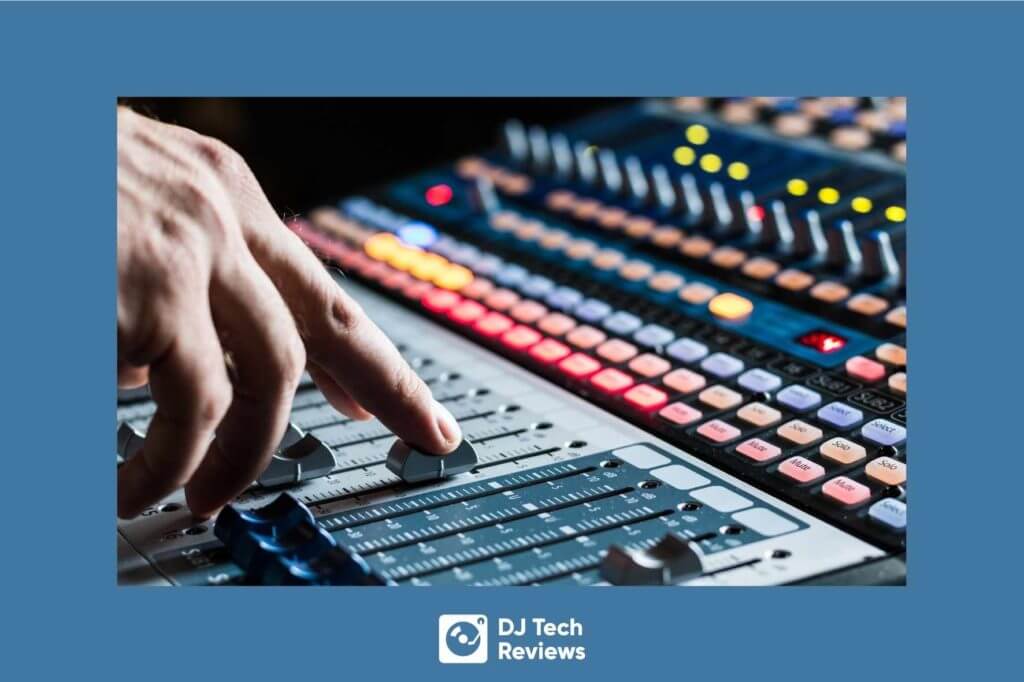
#2. Music Marketing
When it comes to “music marketing”, this is much more of a misnomer than anything, as it is more than just the active marketing of the music.
In reality, this industry is largely built around connecting music creators with music sellers.
It includes things like publicists, distributors, labels, managers, etc.
In particular, you’ll find these industries rolled under this category:
- Artist Management
- Music Publishing
- Legal
- Fans
Artist Management
Managers are a rather unique group of people with an even more unique relationship with artists.
Unlike owners of a record label or those dealing with the various other aspects of the music – like the publicists or the distributers – the managers are regarded much as equal partners with the artist, aligning more with the financial side and logistical aspects in contrast to the artist’s focus on the performing.
Managers are known for working with artists to help them make important business decisions along with long-term global strategies.
They also work to coordinate the artist’s professional jobs, helping them set up tours and events.
This means that they must have a deep well of knowledge of virtually all aspects of the music industry as a whole.
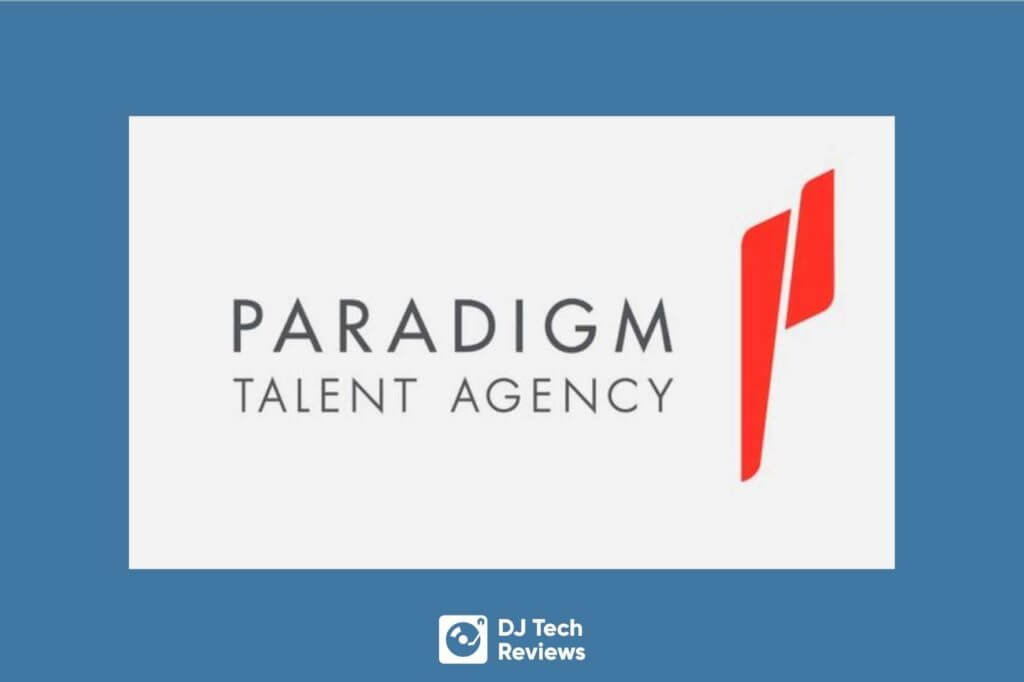
Read this next: How To Become A Female DJ (11 Tips for Disc Jockey Girl Power)
Music Publishing
The music publishing industry is arguably one of, if not the most misunderstood and complex parts of the music industry as a whole, dealing almost specifically with the financial and revenue-based side of the business.
They essentially are the answer to the question, “how do musical artists make money?”
Their goal is the collecting royalty payments on their artist’s behalf.
These royalty payments, when collected, go through several different organizations such as the performance rights organization (PRO), the mechanical collections organizations (MCPS or HFA in the UK & US respectively), as well as the publishers and sub-publishers.
Only then, after passing through so many hands, does the money finally reach the authors, artists, and composers.
This can be a fairly long process, often taking as long as two years from start to finish.
In addition, there are various legislative regulations, publisher/writer shares, and various other points of contention that vary based on the country or how the musical rights are split (such as in a band or group).
Legal
The side of the music industry that is specifically meant to handle all of the different rules and regulations, as well as the part that focuses on the relationship between the different partners,
Legal also provides solutions to various problems throughout the digital environment and other more “murky” areas of the business world.
It is because of them that we have a much more globally connected music industry, where contracts and legislators are properly governed and tied together.
As such, having at least a basic understanding of musical law is an essential requirement for many musical professionals.
The Fans
While not technically an industry in and of itself, thanks to social media and the various online digital methods of connecting with artists, fans have managed to have a closer relationship with their audience than ever before.
Today, fans are used as willing marketing machines, developing social circles and fan club events to promote and generate awareness of different artist events or record drops.
Today, more than ever before, artists need a strong fan and audience arm, as they have essentially become a newer and faster way of marketing their work to the world at large – often entirely for free!

Read this next: How Do You DJ In A Nightclub? (Smash Your DJ Gigs)
#3. Music Selling
Lastly is the “music selling industry”.
This industry deals specifically with anything that directly deals with connecting with the consumer. As a result, industries like streaming, event venues, or tv & radio appearances and performances are all under this avenue.
Specifically, this term is used to include:
- Streaming
- Touring
- Radio
Streaming
The streaming industry is arguably the youngest of the different industries out there.
Interestingly, it’s also fast becoming one of the most significant.
Over the past decade or so, streaming has made serious inroads throughout much of our lives with no sign of slowing.
Even now, more and more different streaming and streaming-related services are coming to the fore, all of which make the prospect of “owning” a song more and more redundant and obsolete.
While streaming can be found as an ever-growing facet of our lives in nearly every area, it has made some of the biggest changes when it comes to the music industry at large.
Already, streaming has altered how music is consumed, shared, and experienced. It has also modified how artists and producers are paid, as sales are coming less from albums sold and more from licensing and tours.
And speaking of tours…
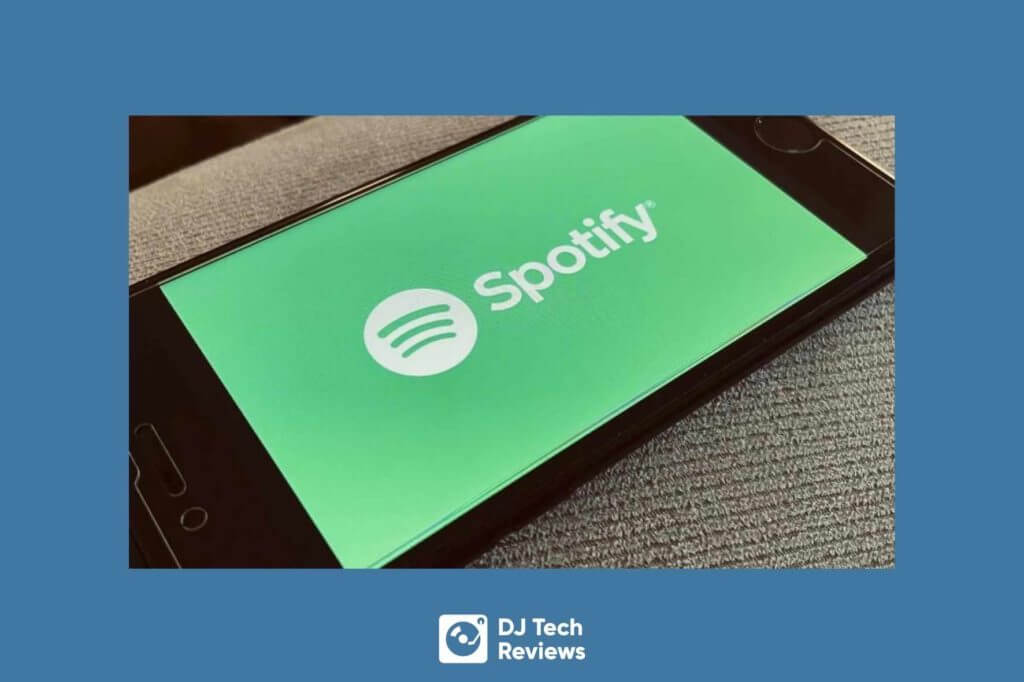
Read this next: Can I DJ Live On Instagram? (Sure, Here’s How!)
The Touring Industry
While virtual reality tours are progressively becoming a reality, the name of the game continues to be real in-person live event tours.
It’s because of this, however, that tours have been, and continue to be, the least scalable part of the music business.
After all, while a VR experience can be replicated hundreds of thousands of times at virtually no extra cost, the same can’t be said for organizing a physical tour, where it can cost a considerable amount to reach even half as many people.
Overall, booking events and tours is an incredibly difficult and expensive task with a lot of moving parts that those in the field have to take into consideration.
To handle this, most labels work with booking agents that are focused on singular markets and territories.
This is the case regardless of if the event is national or worldwide.
Radio
The radio industry, today, is in fairly uncertain and shaky water territory.
The simple fact of the matter is that, like every other facet of the music industry, thanks to technology and streaming, radio has become somewhat of a redundant feature for many of its previous audience members, ultimately making it more of a challenge than ever to reach them.
This is even more of an issue due to the various complexities surrounding copyright law and the legal parameters that surround different FM and AM frequencies.
This keeps even some digitally-based radio companies from having as much of a global reach when compared to giants like Spotify or SoundCloud.
On the flip side, where they lack the same globalization power as streaming, radio does still excel at the local level, connecting still with people in a specific city or state.
More so, because they recognize the increasingly digital world we are living in, many radio stations have had to adapt and invest more heavily in online and digital assets.
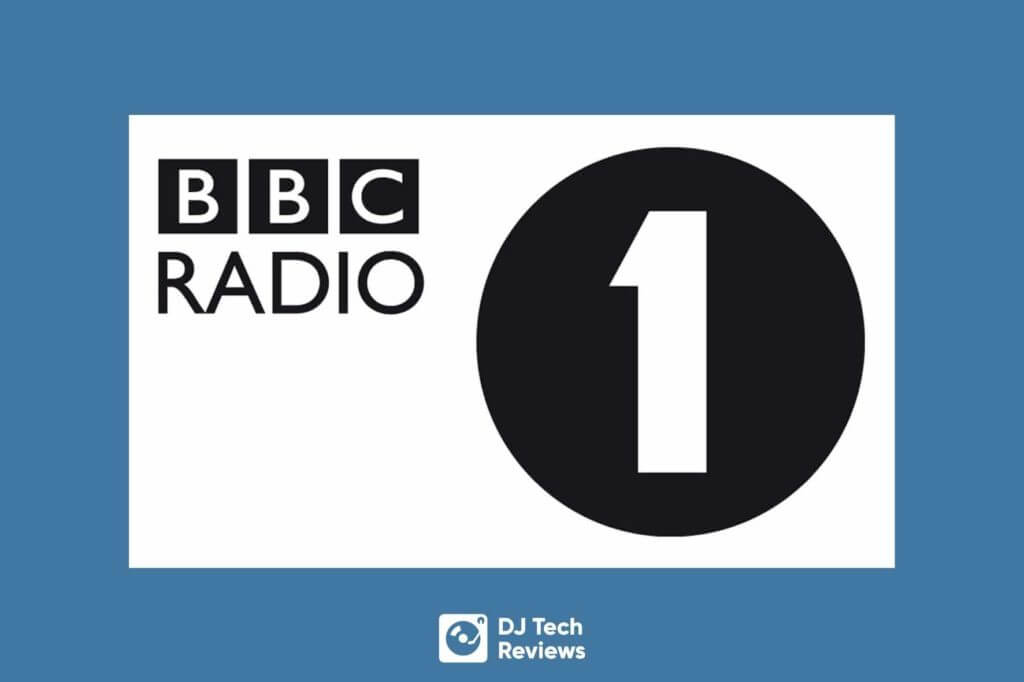
Read this next: How To Become A Radio DJ (Our How to Be a Radio DJ Quick-Tip Guide)
How Does The Music Industry Work? Takeaway
As you can see, the music industry – at large – is not a singular existing entity, but a web of overlapping networks and relationships that are meant to create a cohesive and symbiotic connection with one another.
One interesting thing to note is that, while they are not a singular entity, like an assembly line or a highly complex machine, if one of these different industries falters, it can cause many unforeseen consequences for every other connected area.
Understanding all of the ins and outs of the music industry is incredibly important, no matter which area you are most interested in – whether that be producing your music to share with the world, or developing a streaming or radio platform to share the works of others.




